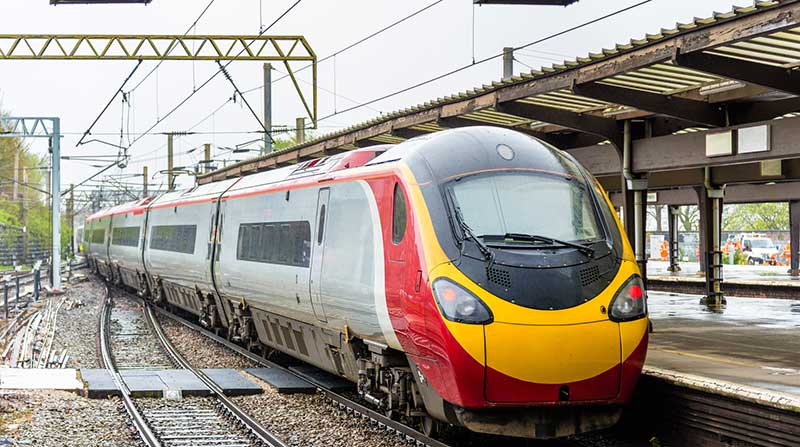05
January 2018
Commuters Face Sharpest Rail Fare Hikes in Half a Decade
The New Year has brought with it the steepest increase in the average cost of a rail ticket seen since 2013 as prices rose in line with the Retail Price Index (RPI) as it was in July of 2017: 3.4%.
The stark increase has led to vocal backlash from unions, campaigners, and politicians who claim that ever increasing fares risk leaving many unable to afford rail travel.
Some commuters will see the cost of their season tickets climb by an additional £100 this year. A season pass on the Maidenhead to London route for example will increase by £104 to £3,092.
In response to this, the chief executive of the Campaign for Better Transport, Stephen Joseph, pointed out that the government is making driving the better option for commuters, with the freeze in fuel duty seen in the recent budget, whilst it continues to "snub rail passengers”. He added that “the extra money that season ticket holders will have to fork out this year is almost as much as drivers will save" with the freeze in fuel duty.
Responding to the backlash, Martin Vickers, a Conservative MP who sits on Parliament's transport select committee, expressed sympathy for those season ticket holders who faced rising costs. However, he went on to express his belief in the fairness of passengers footing the bill for the upkeep of the railways with fare increases.
The government decided in 2007 to shift the onus of the upkeep of the railways away from taxpayers onto passengers. A decade ago, the government used tax subsidies to pay for around 50% of the rail network, however, those subsidies have now been reduced to a level closer to 30% of the total upkeep costs.
Mr Vickers said that “the reality is that someone has to pay and it's either the tax payer or the users of the system”. He continued by saying that the current privatised state of the railways was "far from perfect", however, went on to attribute a “lack of capacity” in the railways to the failings of Network Rail, which has been nationalised.
In response, Network Rail’s chief executive Network Rail, Mark Carne, said there would be "huge change" coming this year from new investment in rail networks with funds raised from the increased fares. He spoke of a "desire to try to keep fares as low as possible," but went on to say that “My job is to run the network as efficiently as possible."
The Department for Transport the supports the necessity of the price rise, saying that the fares were reinvested to improve the railway network. Fare increases were also capped in line with RPI inflation.
However, Bruce Williamson, from the campaign group Railfuture, claims that the Consumer Price Index (CPI) measure of inflation ought to be used instead of RPI when calculating increases to rail fare. He has calculated that rail fares would currently be 17% lower than they had risen in line with the CPI as opposed to RPI, since 2004.
A government spokesman, speaking on behalf of transport secretary Chris Grayling, said the way fares were calculated was "under review” and that the government "carefully monitors how rail fares and average earnings change".
Andy McDonald, the shadow transport secretary, led calls for decreased privatisation of the railways. In a video message he tweeted whilst stuck on board a broken down train to Leeds, he said "let's take our railway back into public ownership." He had planned to travel to join various protests against the fare increases across the country before the train he was on broke down.
Mick Cash, the general secretary of the Rail, Maritime and Transport Workers (RMT) union, also lent his support to nationalisation of the railways, in response to what he saw as people being “priced off” British railways.
The Mayor of London, Sadiq Khan, questioned whether it was necessary for ticket prices to increase across the country outside of London, whilst the capital has frozen fares until 2020. He called it “a scandal that the government are allowing failing private train companies to increase rail fares again."
Paul Plummer, who is the chief executive of industry trade body the Rail Delivery Group, defended the fare increases, claiming they will supply funds for investing in a better rail network. He spoke of the reliance of the Thameslink and Great Northern rail upgrades on funds coming from rail fares. Plummer said rail fares were "underpinning massively required investment” as he was interviewed at London Bridge station, which has just opened five new platforms.





